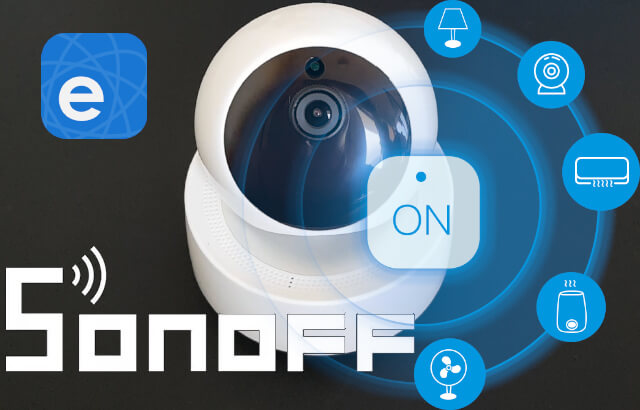Some articles you might also be interested in...

Review: Sonoff GK-200MP2-B a Wi-Fi and Lan enabled Wireless IP Security Camera
You probably know the Sonoff brand for smart home electronics like the POW R2 or the Sonoff Basic switches, but they also released a security camera, the Sonoff GK-200MP2-B. I decided to try it out and made an in-depth review so you can make the right decision. Considering this is Sonoff, a well-known brand for robust electronics. I expect a good working, premium product that just works especially since to use the Sonoff GK200MP2-B, you need the eWeLink application which integrates very well with other Sonoff devices.
Read The Article
How to choose the right web hosting company for your business
There are plenty of web hosting providers out there, and it may seem difficult to decipher the good from the bad. So I have put together a guide on how to find the right web hosting provider for your business and my personal recommendation of who to use depending on where you are in the world. Teaming up with the right web hosting service is more important than you think. It’s a partnership. Opt for the wrong one and you could find yourself struggling to get support, suffering downtime, or worse.
Read The Article
Sonoff SNZB-02 Zigbee Temperature & Humidity Sensor
Enclosed in the same shell, SNZB-02 Zigbee temperature & Humidity sensor reports back every couple of minutes. The sensor is powered by CR2450 3V battery. The extra capacity means that the sensor will last a really long time. I have a heater connected to eWeLink app and, once I added a hub (absolutely required) this thing has performed well. The heater is controlled within +- 1°C. That's another thing, eWeLink only provides temperature readings in °C with no option for °F. I'm thinking about placing another sensor on the outside of the window so that I can control based on outdoor temperature as well.
Read The Article